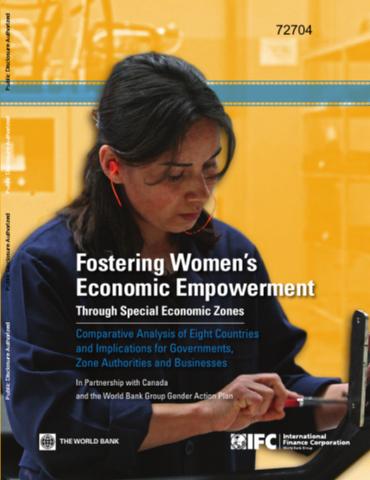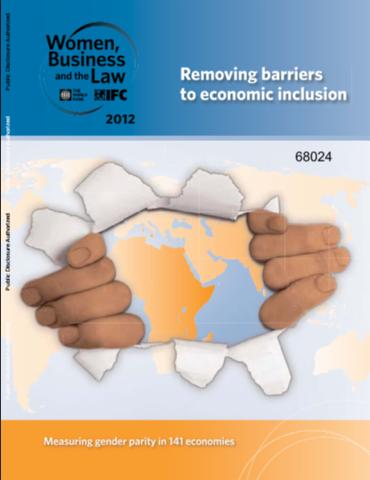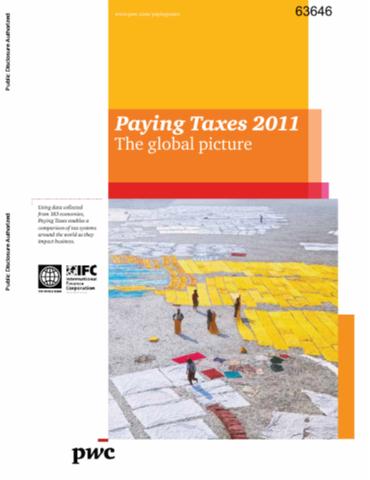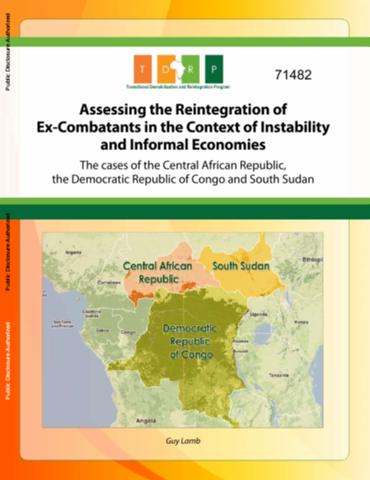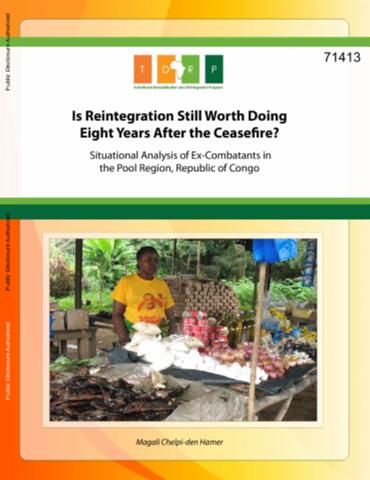The World Bank is a vital source of financial and technical assistance to developing countries around the world. We are not a bank in the ordinary sense but a unique partnership to reduce poverty and support development. The World Bank Group has two ambitious goals: End extreme poverty within a generation and boost shared prosperity.
- To end extreme poverty, the Bank's goal is to decrease the percentage of people living on less than $1.25 a day to no more than 3% by 2030.
- To promote shared prosperity, the goal is to promote income growth of the bottom 40% of the population in each country.
The World Bank Group comprises five institutions managed by their member countries.
The World Bank Group and Land: Working to protect the rights of existing land users and to help secure benefits for smallholder farmers
The World Bank (IBRD and IDA) interacts primarily with governments to increase agricultural productivity, strengthen land tenure policies and improve land governance. More than 90% of the World Bank’s agriculture portfolio focuses on the productivity and access to markets by small holder farmers. Ten percent of our projects focus on the governance of land tenure.
Similarly, investments by the International Finance Corporation (IFC), the World Bank Group’s private sector arm, including those in larger scale enterprises, overwhelmingly support smallholder farmers through improved access to finance, inputs and markets, and as direct suppliers. IFC invests in environmentally and socially sustainable private enterprises in all parts of the value chain (inputs such as irrigation and fertilizers, primary production, processing, transport and storage, traders, and risk management facilities including weather/crop insurance, warehouse financing, etc
For more information, visit the World Bank Group and land and food security (https://www.worldbank.org/en/topic/agriculture/brief/land-and-food-security1
Resources
Displaying 4536 - 4540 of 4907Fostering Women's Economic Empowerment through Special Economic Zones
This global report examines the opportunity for special economic zones to promote women's economic empowerment and boost zone and enterprise competitiveness in developing countries. The research covers Bangladesh, China, Costa Rica, Egypt, El Salvador, Jordan, Kenya, and the Philippines. The study focuses on women's economic empowerment in the context of zones at three levels: (i) fair employment and working conditions for female employees; (ii) equal access to opportunities for professional advancement; and (iii) investment opportunities for female entrepreneurs.
Women, Business and the Law 2012
Women, business and the law focuses on this critical piece of the puzzle, objectively highlighting differentiations on the basis of gender in 141 economies around the world, covering six areas: accessing institutions, using property, getting a job, providing incentives to work, building credit and going to court. Women, business and the law describes regional trends and shows how economies are changing across these six areas, tracking governments' actions to expand economic opportunities for women.
Paying Taxes 2011
Taxes are the price you pay for civilization. Taxes provide government revenues, and those who pay them have a stake in the system and in how government spends its money. Taxes are lifeblood of a stable and prosperous society. In the wake of the global economic downturn levying tax in even more difficult. With large structural deficits in the big developed economies, fiscal policy has never been under so much public scrutiny.
Assessing the Reintegration of Ex-Combatants in the Context of Instability and Informal Economies
The implementation of effective Disarmament, Demobilisation and Reintegration (DDR) programmes in countries emerging from violent conflict are essential for building and maintaining peace and security. In many instances the disarmament and demobilisation of former combatants was achieved, but reintegration remained a challenge, due to the long-term focus and the substantial resources that are required for such a process to be successful.
Is Reintegration Still Worth Doing Eight Years After the Ceasefire?
Although official warfare in the Republic of Congo stopped more than eight years ago, the pool region has continued to feel the collateral effects of war until now at a scale largely ignored by the general public. The pool region is where the Ninjas, a group of local militias, originated during the civil strife and retreated to afterwards. Peace and recovery did not gain traction in the area until 2010/11.






